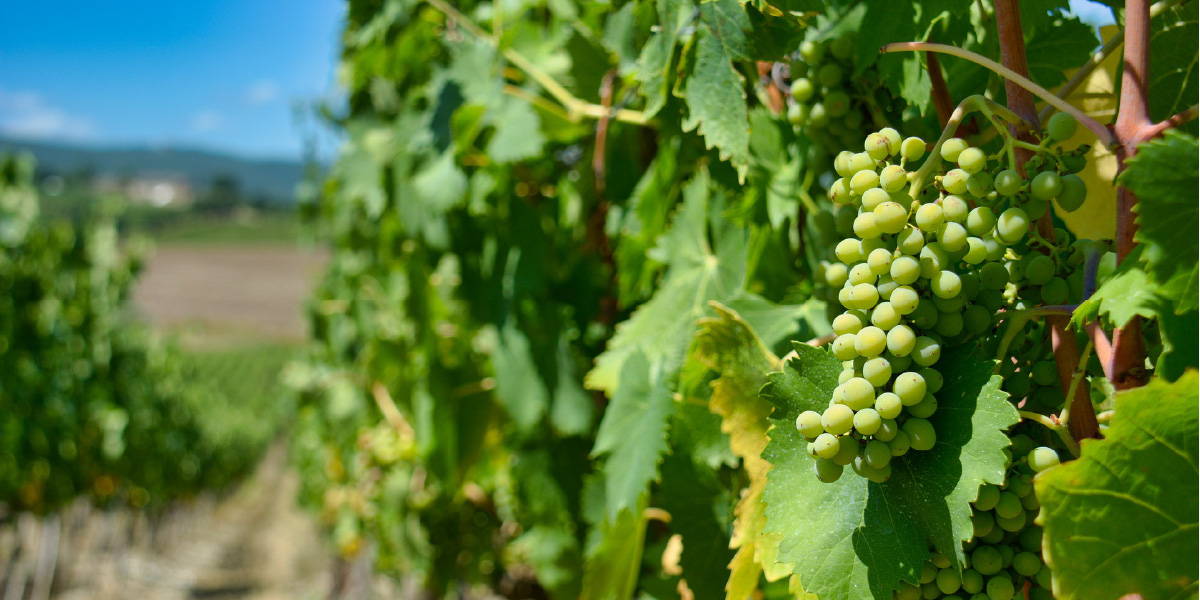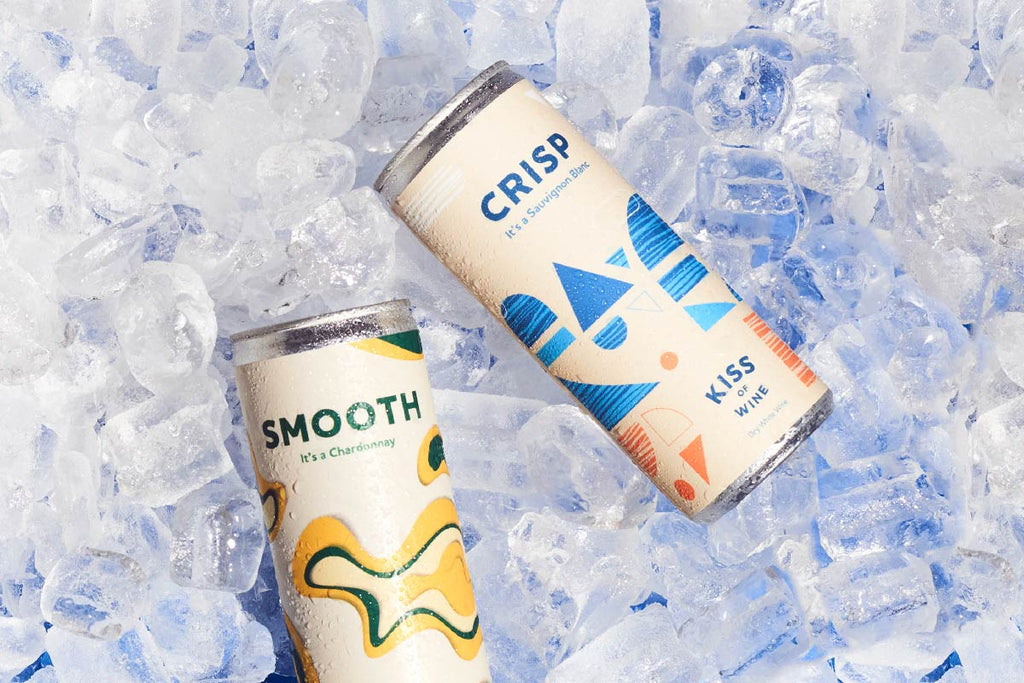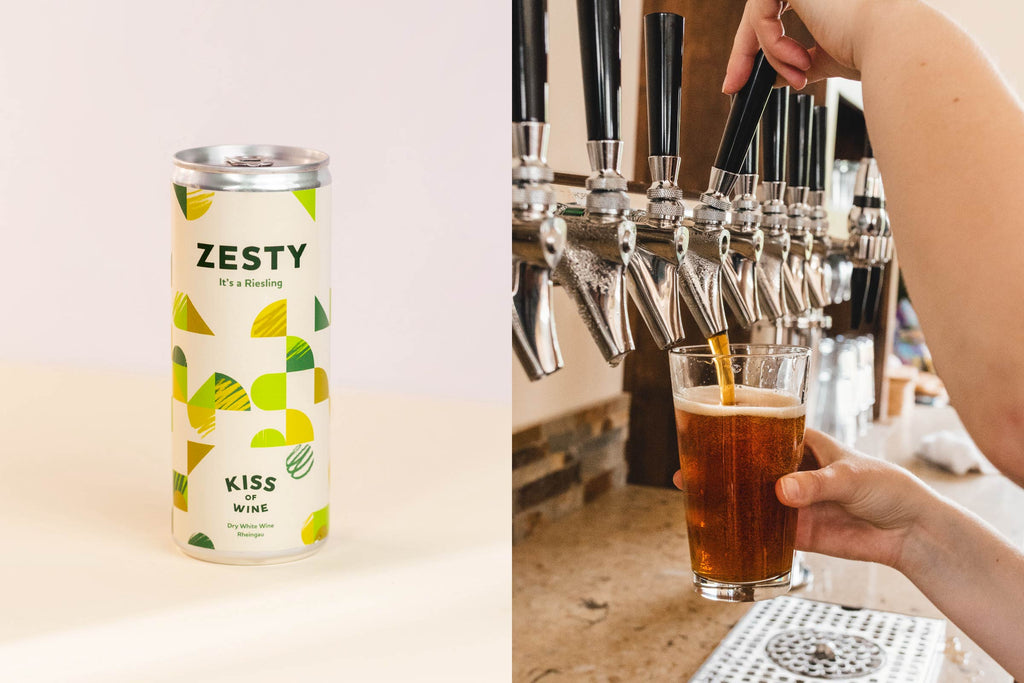Is the wine you’re drinking vegan?
With wine associated primarily as a plant-based product – of course, produced by grapes – you might be surprised to know that not all wine is vegan. With January quickly coming to a close, Dry January and Veganuary are wrapping up too. Veganuary is a campaign encouraging veganism throughout the month of January in the hope of promoting the lifestyle. We're here to teach you a little something about vegan wine and that all too tricky fining process. So with this, if you're not mad enough to do Dry January, you can give in to temptation all while staying cruelty-free.

FINING PROCESSES AND WINE CLARITY
So at what point do animal products come into the winemaking process?
It's during the clarification process or, more specifically, during the fining of the wine. During fining, animal-products such as egg-whites, casein (derived from milk products), gelatin, or isinglass (the bladders of certain types of fish) may be used by non-vegan winemakers as their fining agent.
Which fining agent is used also depends on the type of wine. For example, isinglass is most often used for quality white wine, rosé, and sparkling wines. Egg white, on the other hand, is well-suited for fining red wine.
Beyond filtration, the fining process removes impurities or imperfections from the wine, ensuring clarity. These impurities may be remaining dead yeast cells, grape fragments, condensed tannins, or phenols – otherwise collectively known as sediments. Fining agents, many of which are animal-products, as mentioned above, create a bond with sediments, which results in larger molecules that sink to the bottom of the barrel more efficiently.
"While fining agents are removed before bottling, animal products used during the process are problematic for vegans."
Traditional winemaking techniques, or now what is seen as organic or natural winemaking techniques, typically allow the wine time to settle on its own. This is where the sediments naturally fall to the bottom of the barrel. In more recent times, however, commercial factors have seen a rise in optimised fining processes. Using fining agents fast-tracks the winemaking process. It, therefore, becomes cheaper and a more accessible commodity that copes with supply and demand.
While the fining agents are removed from the wine before bottling, animal products used during the winemaking process are problematic for vegans.
Other non-vegan items to look for in wine production are beeswax used for sealing bottles and corks that use milk-based glues.

VEGAN-FRIENDLY WINEMAKING
Never fear, however! As winemaking techniques have evolved over the years, non-organic fining agents are popping up too. In fact, not even all conventional methods use animal products. Instead, certain types of clay and activated carbon are common. Bentonite (a type of clay), limestone, and kaolin clay are also commonly used.
There has also been a shift towards exploring more vegan-friendly winemaking techniques in recent years, and plant-based fining agents are being explored. Vegetable gelatin and other protein-based fining agents derived from peas and potatoes have been developed.
Modern winemaking has also seen the development of synthetic fining agents such as Poly-vinyl--poly-pyrroline (PVPP).
"There's been a shift towards more vegan-friendly winemaking techniques in recent years."
Here at Kiss of Wine, we embrace innovation and look to modern fining processes just as we have with canning our wines.
Through Kiss of Wines' selection of eight thoughtfully sourced wines from independent winemakers, we're happy to say all of our wines are vegan! The fining processes use no animal products, and canned wine also ensures no beeswaxed seals or milk products in your corks. For more information about our independent winemakers, click here.






